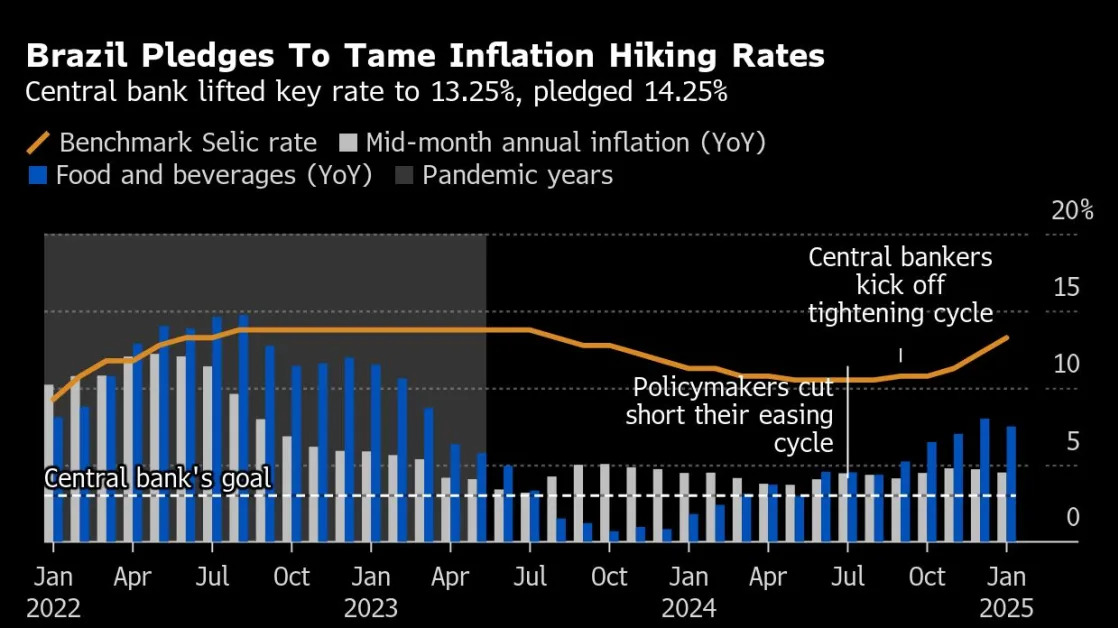On Thursday, December 19th, Crypto.com submitted “self-certifying” paperwork to the Commodities Futures Trading Commission (CFTC) for the first legal prediction markets directly tied to the outcomes of sporting events. Branded “ Crypto.com Sports ,” these markets allow users to stake money on the winners of “Title Events”, such as the NFL Super Bowl, the NHL Stanley Cup, and the NCAA Championship.
Historically, the CFTC has resisted approving contracts like these and retains the authority to suspend them under 17 CFR § 40.11(a) . If legal, these contracts would represent the culmination of years of legal battles and regulatory evolution, send a warning to DraftKings and FanDuel, and even complicate the legality of sports betting in the United States.
With this bold move, Crypto.com may change the game.
The Law Lights the Way
At a legal level, Crypto.com is offering “ event contracts ” – regulated derivatives explicitly included in the CFTC’s remit as part of the Commodity Futures Modernization Act (CFMA).
In order to offer event contracts, an entity must register a designated contract market (DCM). DCMs are entitled to “ self-certify ” certain markets pursuant to 17 CFR § 40.2 . This means the company submits a packet of information about the product to the CFTC. If all goes well, they’ll list the contract one business day later.
Event contracts are based on the occurrence or non-occurrence of an event. You purchase the contract at a percentage of face value, and if the underlying event occurs, the contract is worth its fact value (a profit), while if the event doesn’t occur, it resolves to nothing.
From a retail perspective, these contracts appear virtually identical to gambling—the prediction market Kalshi even describes contracts on its platform as “ bets ”—but from a legal one, they are completely different. It all goes back to Kalshi.
The Right Moment in History
Kalshi first attempted to self-certify event contracts based on US election results in September 2023, but the CFTC refused, citing that such contracts “involve[d] gaming" under 7 USC § 7a-2(c) and 17 CFR § 40.11(a)(1) . Kalshi sued, and in September 2024, in the wake of the Supreme Court's June 2024 reversal of Chevron deference in Loper Bright Enterprises v. Raimondo , SDNY Judge Jia Cobb ruled in Kalshi's favor. The court found that the CFTC lacked authority to prohibit election markets. In an earlier era, Kalshi may have been out of luck, but no longer.
While the CFTC appealed, they failed to secure a preliminary injunction from the D.C. Circuit. That case is still pending on the merits, but, for now, the Cobb ruling legalized election prediction markets and opened the door to a wider range of event contracts. The full scope of newly permissible markets remains untested, and Crypto.com Sports is the first to try.
State Gambling is Bad
The Supreme Court's 2018 decision in Murphy v. NCAA that struck down the federal prohibition of sports betting in PASPA (the Professional and Amateur Sports Protection Act). Soon after, dozens of states quickly legalized sports betting and major players like Caesars Entertainment and DraftKings flooded the zone with mobile apps offering incentives for users to join and start betting. The industry soon grew to approximately $25 billion in annual revenue .
These gambling products are state regulated , so the rules they have to follow differ from place to place, but generally they are unfavorable to users. They have high fees ("vig"), substantial taxation, and the ability to limit skilled bettors ("sharps"). Platforms like Crypto.com Sports could offer a federally regulated alternative, with several potential legal advantages.
Federally Regulated Prediction Markets Will be Better
In theory, the purpose of federally regulated prediction markets is to allow commercial participants to hedge risk.
Picture this . A Kansas City caterer wants to hire extra staff before the Super Bowl, hoping that the Chiefs will win and bring them more business. This is risky. If the Chiefs lose, they'll have too many workers and lose money. With prediction markets, the caterer could protect themselves by betting on the Chiefs losing. If the Chiefs win, the catering business booms and covers the betting loss. If they lose, the betting winnings cover their extra staff overheads.
Prediction markets are also, however, a close substitute for gambling. And much like other financial products, there is likely to be demand for off-label use.
This is, in part, because of key legal advantages. First, DCMs’ fees must comply with CFTC standards, which will probably make them lower than sports betting vigs. Access will be better too—prediction markets do not have financial stakes in the outcomes of event contracts, so they have no reason to limit sharps’ bet sizes. Furthermore, losses on DCMs will offset income from other capital gains, improving users’ tax treatment.
And here’s the kicker—if these products are approved and regulated by the CFTC, they could even make sports betting illegal . Generally, the Supremacy Clause of the Constitution means that federal law preempts state law. There is express preemption— 17 USC § 2(a)(1)(A) gives the CFTC “exclusive jurisdiction… with respect to accounts, agreements and transactions involving [contracts] traded or executed on a contract market designated pursuant to [Section 7 of the CEA]”, and this means that states cannot regulate the Crypto.com products. But there is also the broader implied field preemption. This applies when federal law is so pervasive and comprehensive in a specific area that it leaves no room for state regulation and is said to "occupy the field." That makes state law void.
These new prediction markets are similar to sports betting, legally, it is possible states could lose their power to license sports books entirely.
A Risky Future?
Crypto.com is the first to test these new waters, and other platforms like Kalshi and Robinhood are likely to follow, but the future remains uncertain. The gambling industry, not to mention some states themselves, has a vested interest in preventing these products from succeeding. The CFTC might still try to block them. Meanwhile, a bad result in the pending Kalshi appeal in the D.C. Circuit could completely change the legal outlook.
Still, with decades of resistance to prediction markets appearing outdated and public demand growing, these products seem poised for widespread adoption. They say there are decades when nothing happens and weeks when decades happen. Well, the path to legality is tantalizingly close, and things are happening.





